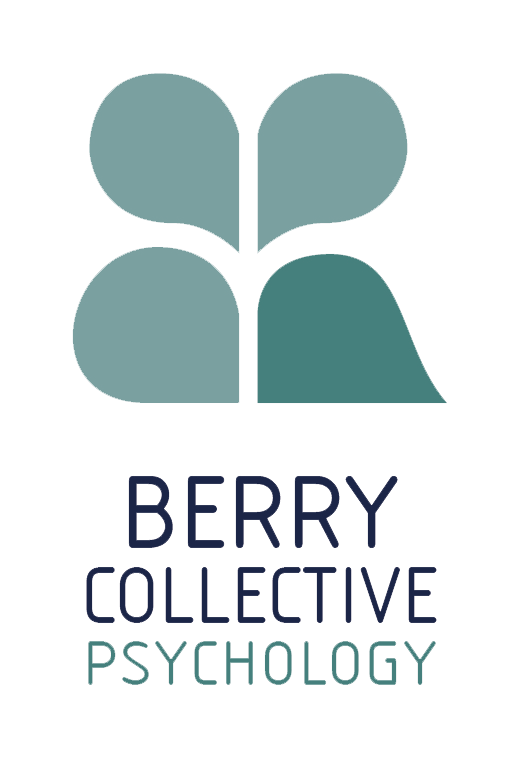Helping my Child or Teen with OCD
By Jessica Radovan
Managing OCD
Everyone has anxious thoughts at times. Sometimes, these anxious thoughts can get ‘stuck’ causing even more distress. To try and ‘unstick’ these thoughts, people may do certain actions or rituals. Unfortunately, this can make the thoughts even ‘stickier’ and this then becomes a vicious cycle. People keep engaging in the action or ritual to try and reduce their distressing thoughts, and the cycle keeps continuing. This is what happens in Obsessive Compulsive Disorder (OCD).
What does OCD look like?
Some signs of OCD include:
Repetitive actions or sayings
Excessive hand washing
Being late due to engaging in certain actions/rituals
Insistence that things are done in a certain way and/or be in a certain order
Excessive checking
How to treat OCD?
There are 2 main steps in managing OCD:
1) Gradually experiencing the distressing, ‘sticky’ thoughts without engaging in the ritualistic behaviour. Possible ways to do this include:
Delaying engaging in the ritual.
Mixing up the order of the ritual.
Changing the ritual in some way.
2) Developing tools to manage the ‘sticky’ thoughts. Possible ways to do this include:
Learning new ways of thinking about anxious and intrusive thoughts.
‘Talking back’ to the OCD thoughts.
Tools to manage anxiety, such as belly breathing, will also help.
What can I do to support my child or teen with OCD?
Some children and young people find it helpful to give their OCD a name and treat it as something separate to themselves. As a family, you can then work together to beat the OCD and ‘talk back’ to the OCD.
Support you child to resist the urge to engage in some of their rituals by using the techniques above. Acknowledge the steps they take in managing the OCD.
Try not to accommodate your child’s anxiety by helping them to avoid situations that may trigger OCD. Sometimes family members can become part of certain rituals.
Whilst parents will find it hard to see their child struggle, don’t inadvertently allow your child to engage in their rituals.
Get Help Now!
Here at Berry Collective Psychology, we have a dedicated team that can help support you on your journey of healing and recovery.
We can help.
Here at Berry Collective Psychology, we have a dedicated team that can help support you on your journey of healing and recovery.







